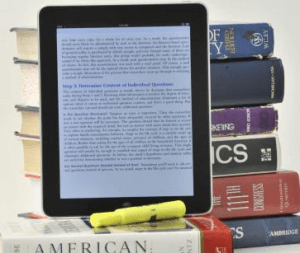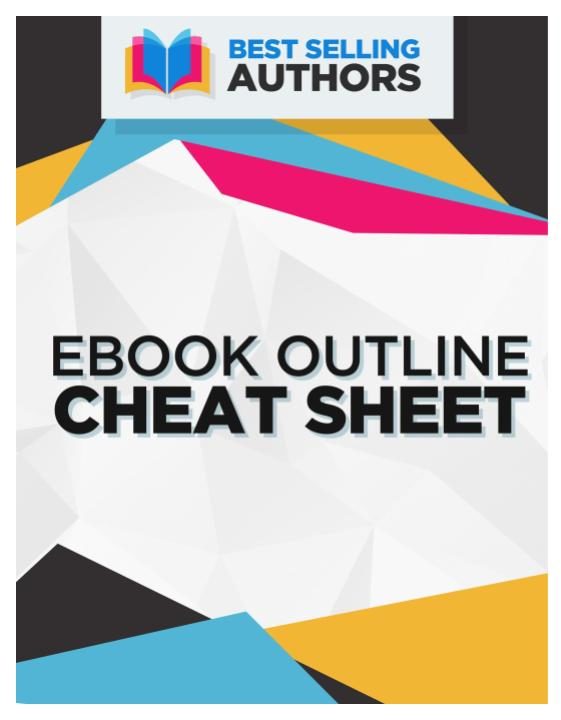While several colleges across the country are pushing digital textbooks, touting them as more efficient and less cumbersome than regular textbooks, students are reluctant.
E-textbooks still account for only 9% of textbook purchases, says Student Monitor, which researches college student behavior.
“How excited can you expect to get about an e-textbook?” Student Monitor President Eric Weil says. “It’s not a fashion statement, it’s not a status symbol; it has to overcome the advantages that students see (in) a printed textbook.”
Typically, students don’t save much when opting to buy an e-textbook. For example, an organic chemistry e-textbook costs about $100, while the print version of the same book costs just $15 more.



